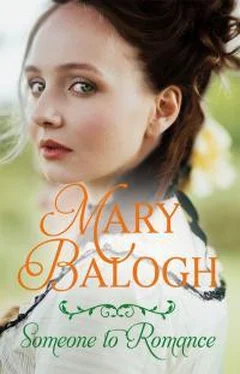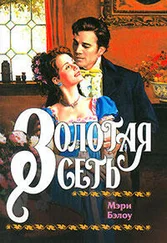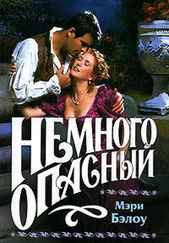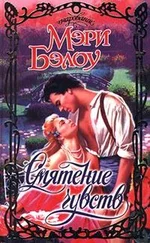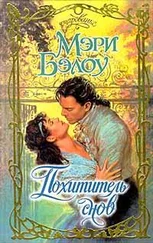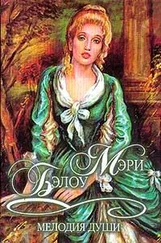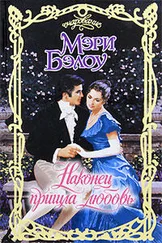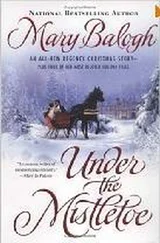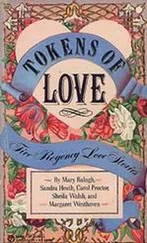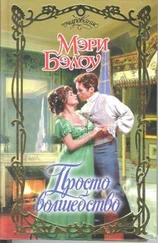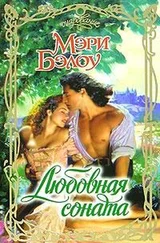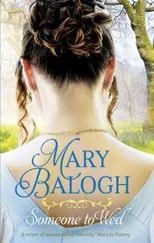She had laughed aloud the first time. The rose had been lying across her linen napkin when she arrived for breakfast, a small card tucked beneath it with the single word Thorne scrawled boldly across it.
“Oh, do not laugh at the poor man, Jessica,” Anna had urged, though she had been laughing too. “There is something impossibly romantic about a single rose.”
And that, of course, had been the whole point. But it was a sort of ironic romantic gesture, for of course it was meant to be compared with the gigantic bouquet Mr. Rochford had sent her the morning after the Parley ball.
“The man has a sense of humor,” Avery had commented—though he had seemed not to make the connection with the bouquet. “He is drawing attention to the fact that he is the thorn to your rose, Jess. I hope you are suitably affected.”
“Oh, I am,” Jessica had assured him, picking up the rose by the stem, careful to avoid the thorns, and bringing the bud to her nose. She closed her eyes briefly as she inhaled the heady summer scent of it.
She had not expected him to have a sense of humor. Except that there had been that smile . . .
“Mr. Thorne is said to be a wealthy man,” her mother had commented. “He must also be a miserly man, Jessica, if all he can send after you honored him with several hours of your time yesterday is one rose.” But she had been laughing too.
When the second rose arrived the day after and the third this morning, Jessica had taken them to her room without comment. She had already pressed the first one between two heavy books without waiting for it to bloom fully. It was too perfect to be allowed simply to bloom and die.
He had not come to the house again or been at either the soiree or the theater. She wondered how long he would keep sending her pink roses. Why was he doing it? Was this his idea of romancing her? Was it working? She would be very happy to learn that he had left London. It would be embarrassing to meet him again.
In the meanwhile there was the family party, at which she would be safe from the determined courtship of Mr. Rochford and the elusive romancing—if that indeed was his motive in sending the roses—of Mr. Thorne. Goodness, life had not been this complicated for years.
Elizabeth and Colin’s large drawing room was already half full when Jessica arrived with her mother and Anna and Avery. She greeted them with hugs, hugged Alexander, and took both Wren’s hands in her own and squeezed them.
“Every time I hear of you going to Staffordshire to check on your glassworks, I am inspired,” she said. “And envious. It is why you were late coming to London, Elizabeth told us. You look wonderful. The work must agree with you.”
“It is lovely to be back here,” Wren told her, “and to see everyone again. Christmas seems forever ago.”
Jessica spotted her grandmother and Great-aunt Edith sitting side by side across the room and went to hug them both. She smiled at Miss Boniface, Great-aunt Edith’s companion, who went everywhere with her on the strength of the fact that she was a relative of Great-aunt Edith’s late husband. Cousin Boris was chatting with them too, as was Adrian Sawyer, Viscount Dirkson’s son. Jessica hugged her cousin and greeted Mr. Sawyer with a warm smile. She hugged Peter, Boris’s younger brother, when he joined them and asked him if he had had any waltzing lessons lately. Estelle, she saw when she looked around, was over by one of the windows in a group of young people that included Bertrand, Estelle’s twin brother, and Charlotte Overleigh, formerly Charlotte Rigg, Estelle’s friend, and . . .
Oh.
And Mr. Thorne.
Oh dear.
Whoever had thought of inviting him? Elizabeth? He was still being talked about wherever one went, of course, though Jessica was not quite sure why. Yes, he was a kinsman of Lady Vickers and also her godson and Sir Trevor’s. But did anyone know for sure that he really had acquired wealth during his years in America and was not in reality a lying adventurer? From whom exactly had he recently inherited property and fortune here in England? And where in England? In retrospect, Jessica realized he had been very vague in his answers to her questions. Or perhaps she had not asked the right questions or enough of them. Nevertheless, the ton appeared to be accepting him at his word even though everyone was also still intrigued by the mystery surrounding his sudden appearance in London. They were enchanted by him.
And he was here. At Elizabeth and Colin’s supposedly select party. He caught her eye across the room and inclined his head in greeting.
Her evening was ruined.
But if you want a chance with me, then you will . . . romance me.
If her cheeks turned any hotter, they would surely burst into flames.
Fortunately Cousin Althea, Elizabeth and Alexander’s mother, moved into her line of vision and cut out Mr. Thorne. She was smiling as she kissed Jessica’s cheek. “You do look lovely in that particular shade of green, Jessica,” she said. And it was only at that moment that Jessica noticed she had a young gentleman with her. “You know Mr. Rochford, I believe?”
Oh. Oh, oh, and oh again. An evening doubly ruined—which was a strange thought to be having under the circumstances.
“I do.” She smiled. “How do you do, Mr. Rochford?”
“Considerably better than I did a minute ago,” he said, making her his usual elegant bow and favoring her with the full force of his dazzling smile. “And Mrs. Westcott took the words out of my mouth. You should always wear green.”
“Thank you,” she said. She would gain fame as a walking tree.
“I see that Matilda and Charles have arrived,” Cousin Althea said. “Do please excuse me.”
And Jessica was left alone with Mr. Rochford. Again.
“I was exceedingly gratified when Lady Hodges invited me to her party,” he said. “The invitation card described it as a select gathering to welcome the return to town of the Earl and Countess of Riverdale. You would not have received a formal invitation, of course, Lady Jessica. You are a Westcott through the Dowager Duchess of Netherby, your mother, I understand. I believe most of the guests here this evening are either Westcotts or have a direct familial connection to them. I am deeply honored to have been included among those who are neither. I wonder to whom I am indebted.” He gave her an arch look that was clearly meant to be significant.
Jessica could hazard a guess. He was a young and handsome man. He was about to be very well connected indeed. Before the summer was out his father would almost certainly be the Earl of Lyndale, all the formality of declaring the incumbent earl officially deceased over with. He had been determinedly singling her out for attention. The Westcotts, many of whom she knew were concerned about her continued single state, could always be depended upon to intervene whenever it occurred to them that one of their number might need a helping hand. She would almost wager upon it that they had decided to do some active matchmaking. She could just picture the usual committee—Grandmama, Aunt Matilda, Aunt Mildred, her mother, Cousin Althea, possibly Aunt Viola and Great-aunt Edith—convening over tea somewhere and putting their heads together to decide what could be done to prod dear Jessica into marriage with this extremely eligible and personable young future earl who would surely turn his attentions elsewhere if she did not snatch him up before it could happen.
“I would imagine,” Jessica said in answer to his implied inquiry, “it is my cousin Elizabeth herself—Lady Hodges, that is—whom you have to thank.”
“I have already expressed my gratitude to her,” he said. “I cannot imagine anywhere I would rather be this evening than just precisely where I am.”
Читать дальше
